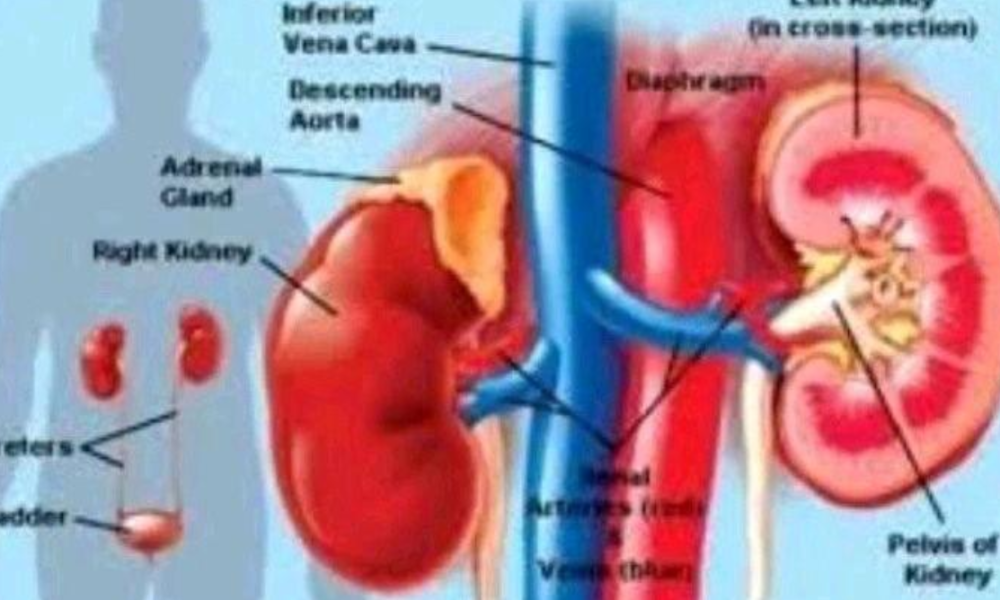Abusing certain drugs can indeed have severe consequences for your kidneys and liver. Three primary categories of drugs notorious for causing damage to these organs are opioids, nonsteroidal anti-inflammatory drugs (NSAIDs), and alcohol. …Click Here To Continue Reading>>
Opioids, including prescription painkillers and illicit drugs like heroin, can lead to kidney damage through various mechanisms. They can cause direct toxicity to kidney cells, decrease blood flow to the kidneys, and induce dehydration due to their effects on the central nervous system, all of which can…Read Full Story…>>
harm kidney function. Additionally, opioids are often combined with other drugs like acetaminophen, which can further exacerbate liver damage.
NSAIDs, commonly used for pain relief and reducing inflammation, are known to cause kidney damage, especially when used in high doses or for prolonged periods. They can impair blood flow to the kidneys, interfere with the regulation of electrolytes, and lead to acute kidney injury or chronic kidney disease. NSAIDs can also cause liver damage, particularly in overdose situations, where they can lead to acute liver failure….Click Here To Continue Reading>>
Alcohol abuse is a well-known cause of liver damage, leading to conditions such as fatty liver, alcoholic hepatitis, fibrosis, and cirrhosis. Chronic alcohol consumption can overwhelm the liver’s ability to metabolize alcohol, resulting in inflammation and scarring. Moreover, alcohol can indirectly affect the kidneys by causing dehydration, electrolyte imbalances, and high blood pressure, all of which can contribute to kidney dysfunction.
In summary, abusing opioids, NSAIDs, and alcohol can significantly harm both the kidneys and the liver, leading to serious health complications and even organ failure if left unchecked. It’s crucial to use these substances responsibly and seek help if struggling with addiction to mitigate the risk of irreversible damage to vital organs.
…Click Here To Continue Reading>>







